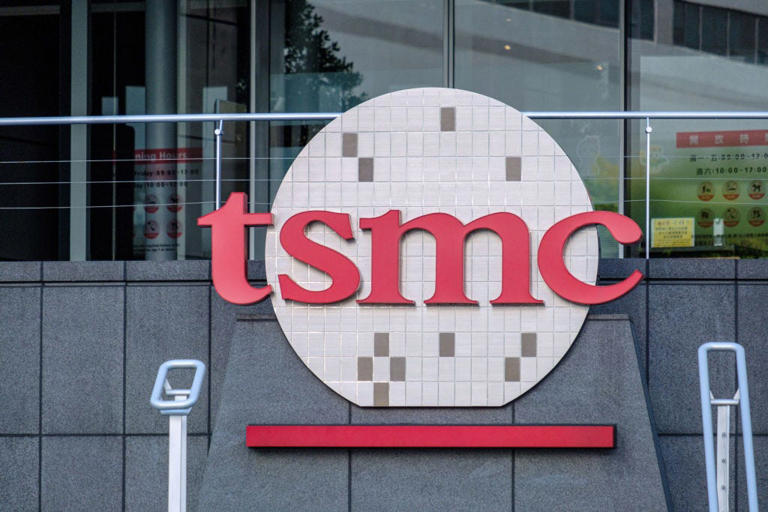On Thursday morning, semiconductor stocks embarked on a recovery rally following a sharp downturn in the previous trading session. Leading the resurgence were Nvidia and Taiwan Semiconductor Manufacturing Company (TSMC), both registering gains close to 3%. Advanced Micro Devices (AMD) and Intel also saw their shares climb by approximately 1%, contributing to the sector’s rebound.
The catalyst for this upward movement was TSMC’s robust second-quarter earnings report, which underscored a substantial 36% year-over-year increase in quarterly profit. TSMC’s stellar performance was driven primarily by strong demand for its semiconductor chips, particularly in the high-performance computing segment, where sales surged by 28% compared to the previous quarter. This growth has bolstered TSMC’s confidence, prompting the company to revise its full-year revenue growth forecast upward from a range of low-to-mid 20% to a solid mid-20%, reflecting sustained optimism about ongoing market demand, particularly in critical sectors such as artificial intelligence (AI).
The AI sector remains a pivotal growth area for TSMC and other international semiconductor firms, driven by advancements in machine learning, data processing capabilities, and applications across industries ranging from cloud computing to autonomous vehicles. These developments underscore the semiconductor industry’s integral role in powering technological innovation globally.
Despite these positive earnings and growth prospects, semiconductor stocks experienced a notable decline the previous day following remarks by former President Donald Trump regarding Taiwan’s prominent role in the global semiconductor supply chain. Trump’s comments raised concerns about potential disruptions to this critical industry and heightened geopolitical tensions, particularly given Taiwan’s strategic importance in global technology manufacturing.
Investors are closely monitoring geopolitical developments and potential policy shifts under the Biden administration, especially concerning trade relations with China and the implications for technology exports. Such factors continue to influence market sentiment and investor decisions within the semiconductor sector, underscoring the importance of risk management strategies that account for geopolitical uncertainties.
Looking forward, semiconductor companies are poised to capitalize on the expanding global demand for chips across various sectors, including AI-driven technologies, gaming consoles, and automotive electronics. The resilience and innovation within the semiconductor industry position these firms to navigate challenges and capitalize on opportunities in a dynamic global market environment.
In conclusion, while volatility and geopolitical risks persist, semiconductor stocks remain attractive for investors seeking exposure to sectors at the forefront of technological advancement and global economic growth. Diversifying portfolios to include international equities, as recommended by investment firms like Baillie Gifford, offers potential for enhanced returns amid evolving market dynamics and technological innovations worldwide.
